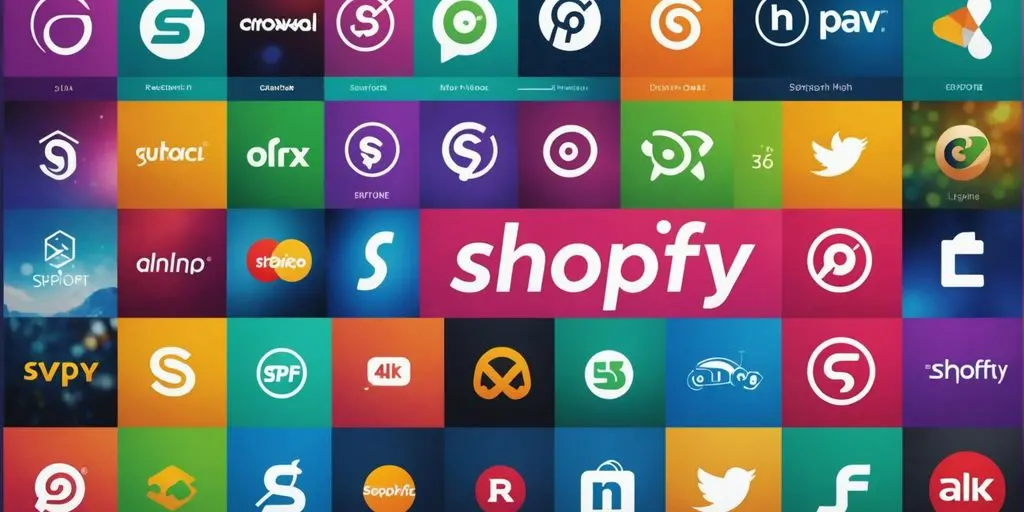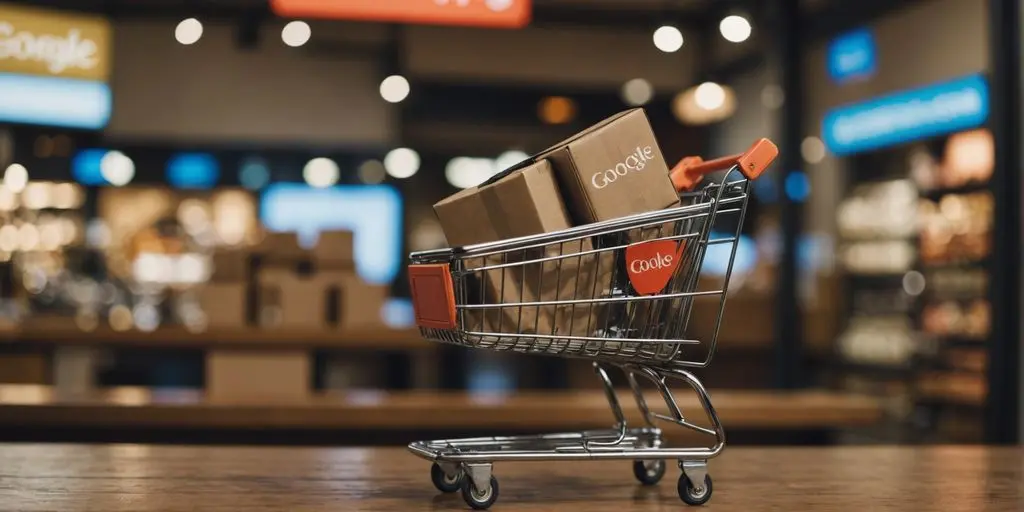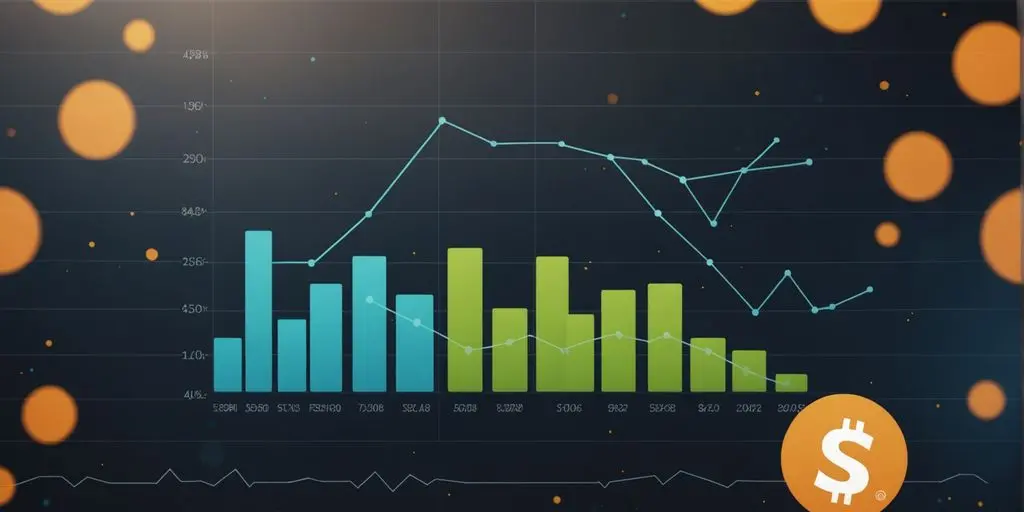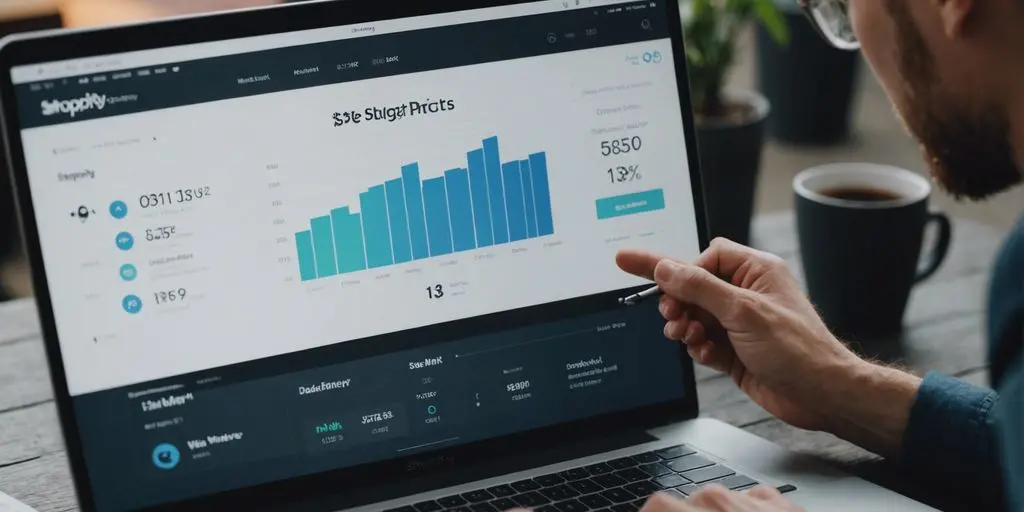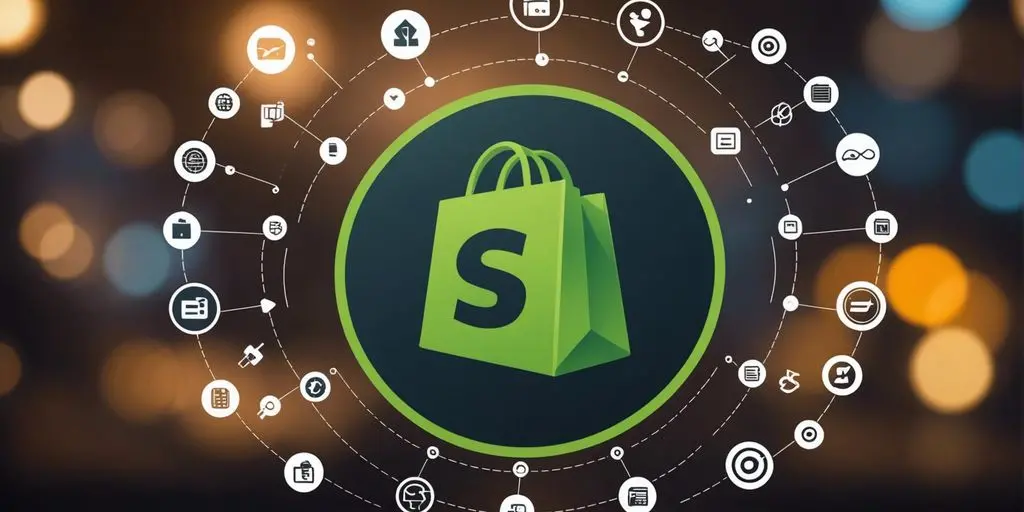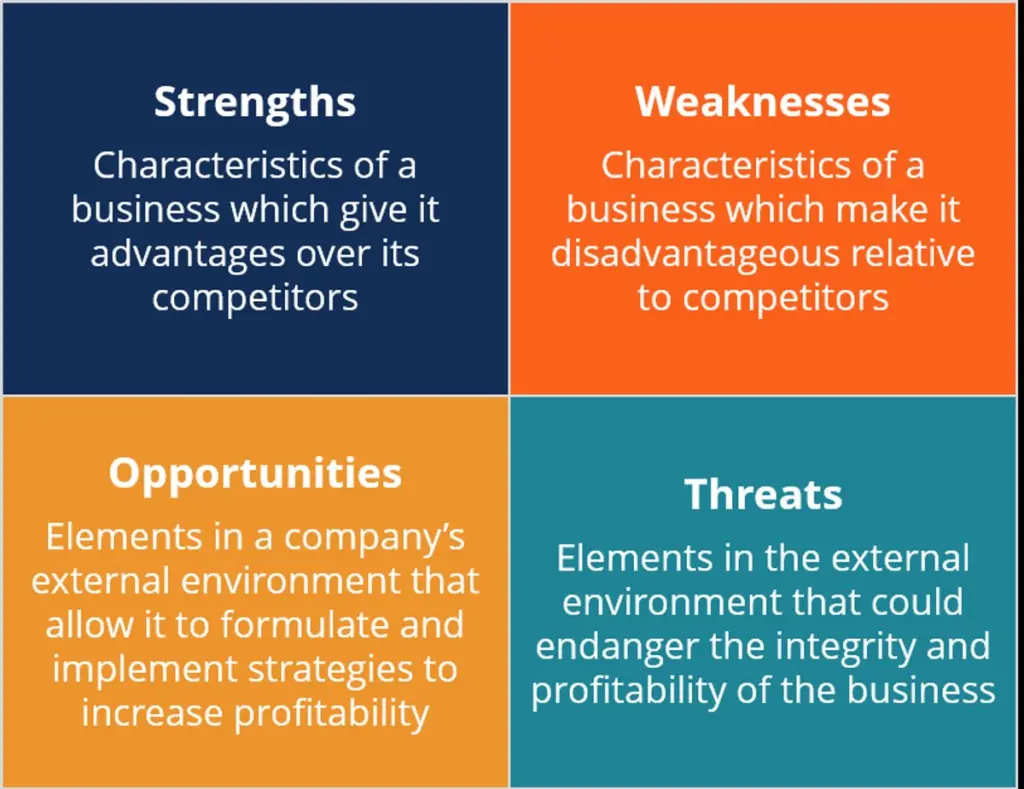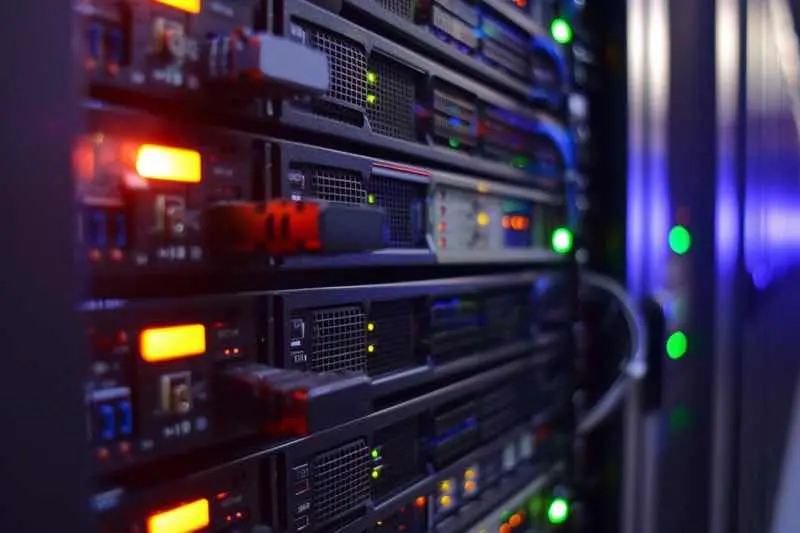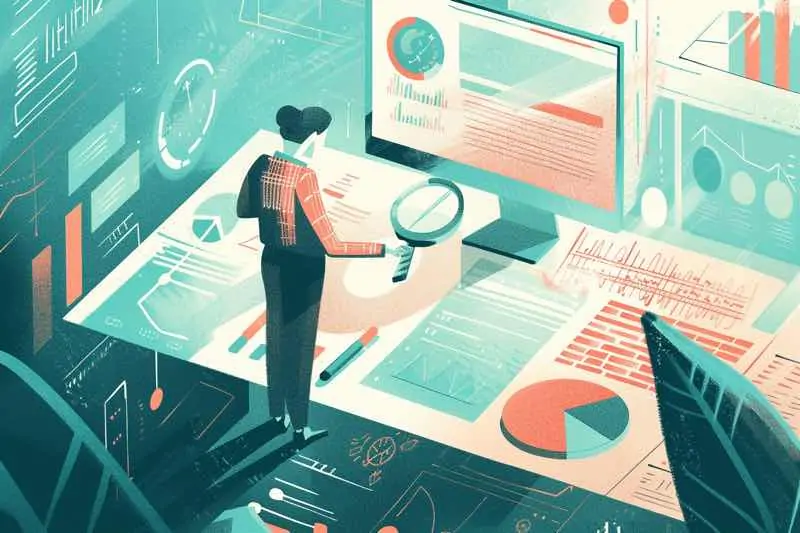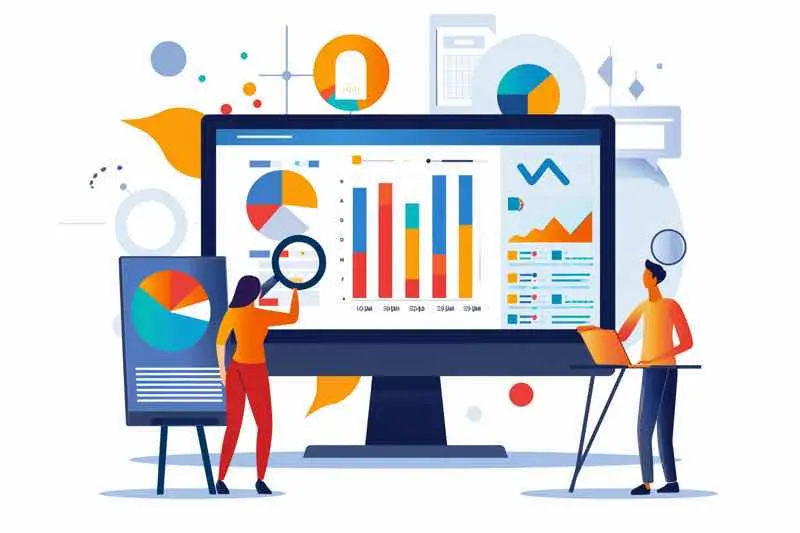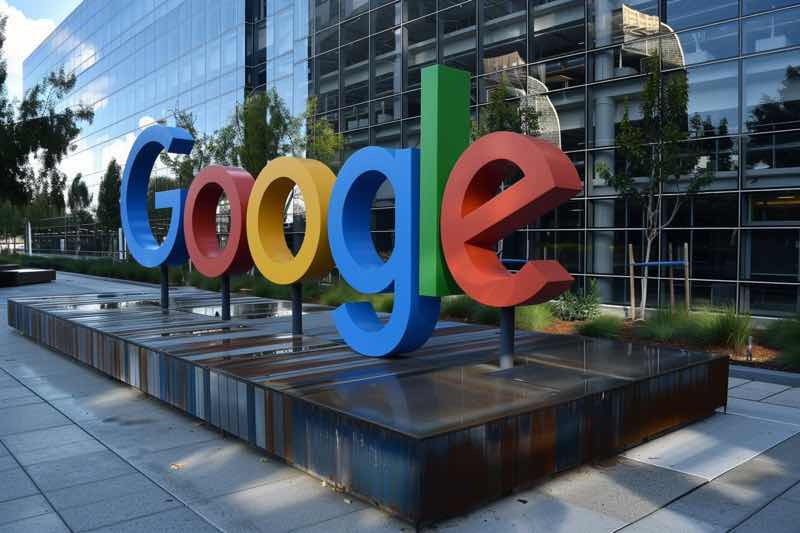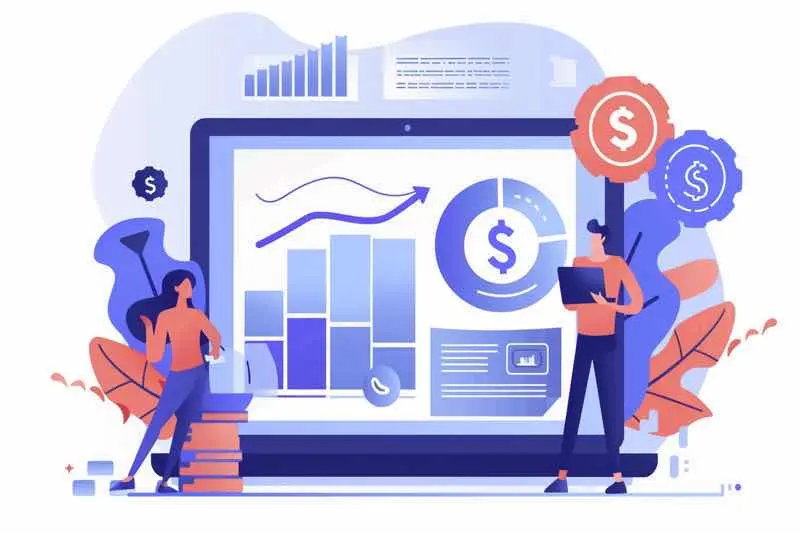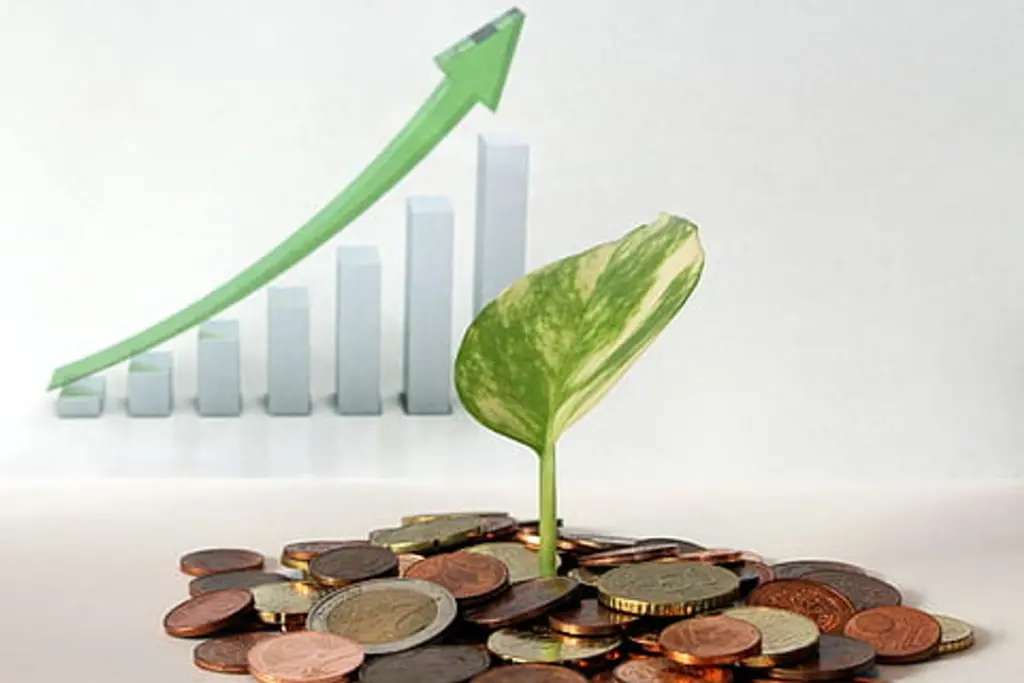The future of B2B ecommerce is dynamic and evolving, marked by customer-centricity, technological innovation, and sustainability. Organizations should embrace advanced change, fabricate trust, and adjust to the changing requirements to prevail in this ever-developing scene. The stats in this article show B2B ecommerce’s growth and importance. Challenges exist, but opportunities await those who embrace this digital revolution. B2B ecommerce will continue reshaping industries and creating global market opportunities.
Table of Contents
ToggleKey Takeaways
- The rise of AI, blockchain, and the Internet of Things is transforming B2B ecommerce operations.
- Personalization and predictive analytics are the new currency in B2B, driving client retention and anticipating customer needs.
- Sustainability and eco-friendly packaging are becoming core business strategies in B2B ecommerce.
- Cross-border commerce is shrinking the global marketplace, requiring navigation of tariffs and trade agreements while providing localized experiences for global audiences.
- The seamless omnichannel experience and cybersecurity measures are essential in blurring the lines between online and offline commerce and safeguarding the digital frontier.
Navigating the Digital Transformation Superhighway
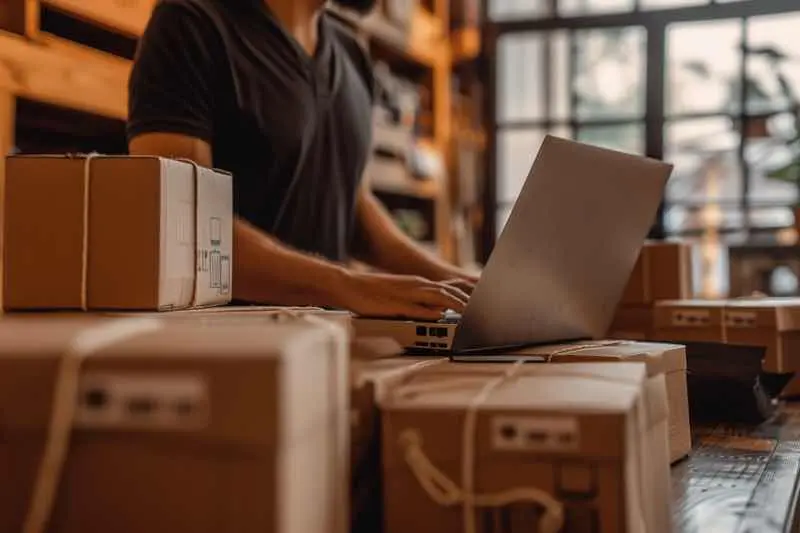
The Rise of AI in Streamlining Operations
The integration of artificial intelligence (AI) has revolutionized various industries, ranging from healthcare and finance to transportation and manufacturing. Let AI ease the burden and help drive sales. From improving search functionality, to personalised content, AI is enhancing all aspects of the digital experience and customer journey. Live Chat is one area that has quickly become an important tool for B2B merchants.
Chatbot software can lessen the burden on customer service operatives, helping answer queries quickly, 24/7 across multiple channels. With AI integration, it can do so much more, including reading, analysing customer behaviour, and providing personalised offers to customers. These can be followed up by your sales teams at a later date, generating new leads and improving the customer experience.
AI can also address more complicated customer service issues, automatically processing refunds and helping reduce your customer service hours. Market intelligence and information technology group International Data Corporation, predicts more B2B companies will use AI to deliver deeply personalised journey engagement by 2026
leading to a 40 per cent drop in marketing and sales human touch points.
Personalised product recommendations can fill the gap, with AI taking data from past customer behaviour and purchase history to make suggestions and help customers find what they want quicker. AI-powered features like ‘customers also viewed’ can suggest products based on brand, size, colour or more, bringing with it a whole new layer of convenience to buyers.
Blockchain: More Than Just a Buzzword
Blockchain technology offers improved transparency, traceability, and security throughout the supply chain. It records every transaction and goods movement in a secure ledger, reducing fraud and errors. This builds trust between partners, streamlines record-keeping, and enables real-time product tracking, making for a more efficient and reliable B2B supply chain.
Businesses are turning to blockchain to enhance security in their supply chain operations, signifying a step towards more efficient and trustworthy B2B ecommerce processes. According to Gartner, around 46% of B2B buyers use social media to discover solutions, with 40% comparing different options. Additionally, 35% of B2B buyers turn to social media to gather essential relevant information before finalizing a purchase.
Notably, Gartner’s research found that 54% of B2B businesses have used social commerce to create online stores. Technological advancements will continue to shape the digital commerce landscape. The integration of AI, blockchain, and data analytics will play an even more pivotal role in enhancing operations.
The future of B2B ecommerce is marked by customer-centricity, technological innovation, and sustainability. Organizations should embrace advanced change, and position themselves as market leaders in the eco-friendly products sector.
The Internet of Things: A Symphony of Interconnectedness
The Internet of Things (IoT) orchestrates a symphony of devices, each playing a unique role in creating a connected ecosystem. At its core are sensors that gather and transmit data, enabling a seamless flow of information and insights. This interconnected web of devices opens up a world of possibilities, from optimizing supply chain management to enhancing customer experiences.
With the IoT, businesses can harness real-time data to make informed decisions, improve operational efficiency, and deliver personalized services. The potential of IoT extends beyond mere connectivity; it’s a catalyst for innovation and transformation in the B2B landscape. As we embrace the era of IoT, the future of B2B ecommerce is set to be revolutionized by the convergence of smart devices, data intelligence, and interconnected systems.
Personalization: The New Currency in B2B
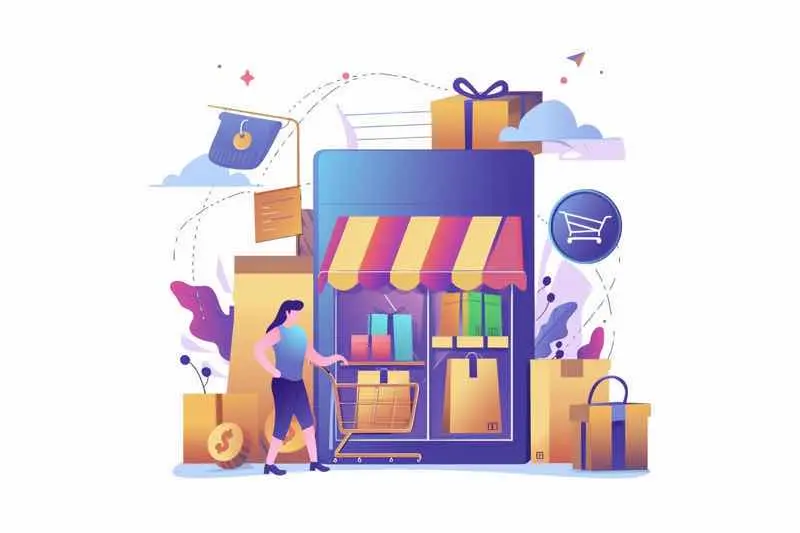
Customization: The Heartbeat of Client Retention
In B2B e-commerce, the heartbeat of client retention lies in customization. Tailoring your services and products to meet the specific needs of each business sets you apart in a competitive market. Quick response to inquiries, knowledgeable support staff, and proactive problem-solving are crucial. Happy customers are loyal customers.
Leveraging Technology: Technology isn’t just a tool; it’s a game changer
Using tech to improve customer experiences can include anything from user-friendly websites to AI-driven recommendations. It’s about making every interaction seamless and impactful. Personalization of Services and Products: Personalization can set a company apart in B2B e-commerce. This means understanding the specific needs of each business and delivering tailored solutions. Here are some effective strategies for post-conversion nurturing.
Predictive Analytics: Anticipating Every Move
In the fast-paced world of B2B ecommerce, predictive analytics has emerged as a game-changer, empowering businesses to anticipate customer behavior and market trends with unprecedented accuracy. By harnessing the power of data and advanced algorithms, businesses can gain valuable insights that drive strategic decision-making and enhance customer experiences.
The market for predictive analytics software was valued at $5.29 billion in 2020, reflecting the growing importance of this technology in shaping the future of B2B ecommerce. Here are a few key benefits of predictive analytics:
- Anticipating customer needs and preferences
- Optimizing inventory management
- Driving personalized product recommendations
As businesses continue to invest in predictive analytics, the potential for innovation and growth in B2B ecommerce is boundless. The future belongs to those who can anticipate and adapt to the ever-changing landscape of digital commerce.
The Greening of B2B Ecommerce

Sustainability: A Core Business Strategy
The emphasis on sustainability and social responsibility will continue to grow in the B2B ecommerce landscape. Firms embracing green practices and transparent supply chains could gain a competitive edge. This trend is not just about being environmentally friendly, it’s also about meeting the unique needs of B2B customers and extending client base internationally.
As organizations strive for sustainable growth, they are integrating eco-friendly and reusable packaging, selling environment-friendly products, and educating their customers about the benefits of a sustainable future. The principle of 3Rs – reduce, reuse, and recycle – is becoming a guiding philosophy for many businesses.
For example, H&M has been leading the way by providing shopping boxes that can be turned into clothes hangers and using 80% recycled paper for their shopping bags. This commitment to sustainability is not only good for the planet but also for business, as it resonates with the growing demand for eco-conscious products and practices. As the B2B ecommerce landscape evolves, the focus on sustainability will be a key differentiator for businesses aiming to thrive in the future.
Eco-friendly Packaging: Unboxing the Future
The future of B2B ecommerce is embracing the green revolution, and eco-friendly packaging is at the forefront of this movement. Sustainable packaging solutions offer reusable and environment-friendly products, educating customers about the benefits of a sustainable future.
Boox is leading the charge by providing reusable packaging solutions for brands, addressing the global concern of single-use packaging. The projected rise in global eCommerce plastic packaging waste by 2025 is alarming, making sustainable and recyclable/reusable packaging a crucial trend for 2024. This sustainable approach not only motivates customers but also drives a ripple effect throughout the industry.
Brands can further incentivize customers to opt for eco-friendly services, creating a positive impact on the environment. In the world of B2B ecommerce, the future is green, and sustainable packaging is leading the way.
Cross-border Commerce: Shrinking the Global Marketplace

Navigating Tariffs and Trade Agreements
In the complex landscape of cross-border commerce, navigating tariffs and trade agreements is like playing a game of chess. Each move requires strategic planning and a keen understanding of the rules. To succeed in this global marketplace, businesses must embrace agility and adaptability, leveraging data-driven insights and market intelligence to stay ahead of the competition. Here are a few key strategies for navigating tariffs and trade agreements:
- Stay informed about the latest trade policies and regulations
- Build strong relationships with international partners and suppliers
- Utilize technology for efficient customs clearance and compliance
As the global marketplace continues to evolve, businesses that master the art of cross-border commerce will emerge as leaders in the game of international trade.
Localized Experiences for Global Audiences
When it comes to reaching global audiences, localization is the key to success. Tailoring the shopping experience to fit the cultural and linguistic preferences of different regions can significantly enhance customer satisfaction and boost sales. Here are a few essential strategies for creating localized experiences:
- Efficient Global Merchandising Planning
- Consistent Global Brand Messaging
- Improved Customer Satisfaction Across Markets
By implementing these strategies, businesses can bridge the gap between different markets and establish a strong connection with customers worldwide. As the saying goes, “Think global, act local!”
The Seamless Omnichannel Experience
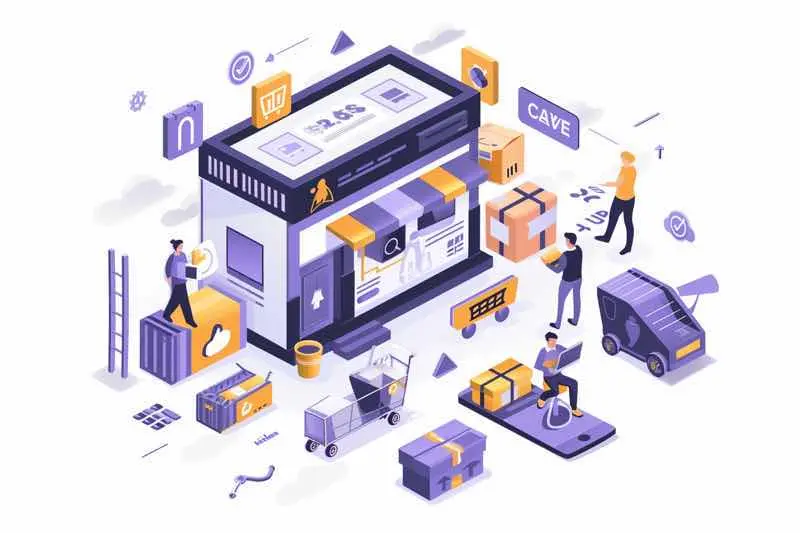
Blurring the Lines Between Online and Offline
The seamless integration of online and offline experiences is revolutionizing the way businesses engage with customers. As the line between online and offline shopping continues to blur, businesses are leveraging omnichannel strategies to provide a unified and consistent experience across all touchpoints.
This approach allows customers to seamlessly transition between digital and physical interactions, creating a harmonious journey that enhances customer satisfaction and loyalty. Implementing an omnichannel approach involves integrating various channels, including physical stores, websites, and mobile apps, to create a cohesive experience for customers.
This strategy not only improves customer engagement but also drives sales and boosts brand loyalty. To succeed in the omnichannel landscape, businesses must prioritize personalized interactions, real-time inventory visibility, and seamless transaction processes. By embracing the omnichannel revolution, businesses can stay ahead of the curve and deliver exceptional customer experiences.
Mobile Commerce: The Pocket-Sized Revolution
The B2B world is abuzz with the mobile commerce revolution, where convenience is king and every second counts. Mobile optimization is no longer a luxury—it’s a necessity. With a staggering 80% of B2B buyers using mobile devices during work hours, the message is clear: adapt or be left behind.
- One-click checkout and biometric authentication streamline the buying process, making it as easy as a tap and a smile.
- High-resolution images and intuitive interfaces mimic the B2C experience, setting a new standard in user expectations.
- Flexible payment options and mobile-exclusive features keep buyers engaged and loyal.
Embrace the mobile-first approach, and watch as your B2B platform transforms into a digital powerhouse, with increased orders and soaring revenue numbers. Remember, in the world of mobile commerce, every pixel counts and every second is a chance to impress.
Cybersecurity: Safeguarding the Digital Frontier

Data Breaches: A Game of Whack-a-Mole
Data breaches are like playing a game of whack-a-mole in the digital world. Unfortunately, they move so fast and the stakes are high. To tackle this challenge, B2B merchants need to implement robust security measures and stay vigilant. Here are some key strategies to safeguard against data breaches:
- Regular security audits and updates to identify vulnerabilities.
- Employee training on cybersecurity best practices.
- Multi-factor authentication for enhanced access control.
As Pete Youell, SQLI Group CTO, rightly points out, ‘There’s so much data to collect and it sits in so many different places that most businesses don’t have a strategy or the right technology to manage and make the most of it.’ This emphasizes the importance of data security and the need for proactive measures to protect valuable business information.
Building Trust Through Transparency
In the digital frontier of B2B ecommerce, building trust through transparency is not just a trend, it’s a necessity. Blockchain technology offers improved transparency, traceability, and security throughout the supply chain. It records every transaction and goods movement in a secure ledger, reducing fraud and errors. This builds trust between partners, streamlines record-keeping, and enables real-time product tracking.
Businesses are turning to blockchain to enhance security in their supply chain operations. This signifies a step towards a more efficient and reliable B2B supply chain. To thrive in this landscape, businesses must embrace transparency and accountability, making it a cornerstone of their operations. Here are some key steps to achieve this:
- Implement blockchain technology for enhanced transparency and security
- Streamline record-keeping and enable real-time product tracking
- Embrace transparency and accountability as a cornerstone of operations
As we navigate the digital transformation superhighway, it’s clear that transparency is the key to building lasting relationships and fostering trust in the B2B ecosystem.
In today’s digital age, cybersecurity is more important than ever. Safeguarding the digital frontier is crucial to protecting sensitive information and ensuring the safety of online interactions.
At CWORKS, we understand the significance of cybersecurity and are committed to providing top-notch solutions to keep your digital assets secure. Contact us now for your business needs and achieve remarkable success together with CWORKS. Let’s get started!
Conclusion
The future of B2B ecommerce is dynamic and evolving, marked by customer-centricity, technological innovation, and sustainability. Organizations should embrace advanced change, and fabricate trust to adjust to the changing requirements and predict their clients to prevail in this always developing scene.
The stats in this article show B2B ecommerce’s growth and importance. Challenges exist, but opportunities await those who embrace this digital revolution. B2B ecommerce will continue reshaping industries and creating global market opportunities.
FAQs
How is AI transforming B2B ecommerce operations?
AI is revolutionizing B2B ecommerce by streamlining operations, enhancing customer service, and providing personalized experiences. It helps in automating tasks, analyzing customer data for insights, and enabling predictive analytics to anticipate customer needs.
What role does blockchain play in B2B ecommerce?
Blockchain technology contributes to B2B ecommerce by offering secure, transparent, and efficient transactions. It aids in building trust, reducing fraud, and improving supply chain management through decentralized and immutable record-keeping.
How are businesses leveraging the Internet of Things (IoT) in ecommerce?
Businesses use IoT to enhance ecommerce by connecting devices and systems for real-time data exchange. This interconnectedness enables automated inventory management, improved logistics, and better customer engagement through smart devices.
Why is personalization crucial in B2B ecommerce?
Personalization in B2B ecommerce is essential because it drives customer retention by catering to specific needs and preferences. It allows for customized product offerings, tailored content, and predictive services that align with individual client requirements.
What sustainable practices are being adopted in B2B ecommerce?
B2B ecommerce is adopting sustainable practices like eco-friendly packaging, reducing carbon footprint, and promoting green supply chains. These practices not only meet customer expectations but also contribute to a brand’s reputation and long-term success.
How important is cybersecurity in the context of B2B ecommerce?
Cybersecurity is vital in B2B ecommerce to protect sensitive data, build customer trust, and comply with regulations. Robust security measures are necessary to prevent data breaches and ensure the integrity of online transactions and business communications.










